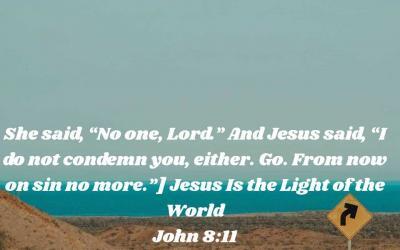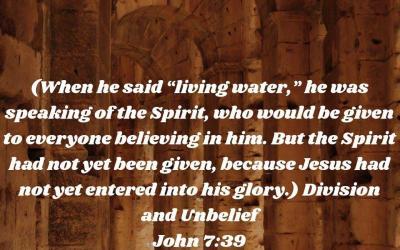In 2 Kings 19:14-20, King Hezekiah responds to a threatening message from the Assyrian king Sennacherib, who has mocked both Hezekiah and the God of Israel. Hezekiah’s prayer is a humble, heartfelt plea for deliverance, trusting fully in God’s power and sovereignty.
What saved the nation of Israel against the mighty Assyrians?
Summary of 2 Kings 19:14-20
- Context: The Assyrian army, led by Sennacherib, has invaded Judah and is threatening Jerusalem. Sennacherib sends a letter to Hezekiah, arrogantly questioning God’s ability to save Jerusalem, claiming that none of the gods of other nations had succeeded in protecting them.
- Hezekiah’s Response: Upon receiving this letter, Hezekiah goes to the Temple, spreads the letter out before God, and prays for help. Rather than responding to Sennacherib himself, he places the situation entirely in God’s hands, demonstrating deep trust and humility.
- Outcome: In response to Hezekiah’s prayer, the prophet Isaiah delivers a message from God, assuring Hezekiah that God has heard his prayer and will defend Jerusalem against the Assyrians.
Key Sections of Hezekiah’s Prayer (Verses 15-19)
- Acknowledgment of God’s Sovereignty (Verse 15)
“O Lord, the God of Israel, who is enthroned above the cherubim, you are the God, you alone, of all the kingdoms of the earth; you have made heaven and earth.”- Focus: Hezekiah begins by acknowledging God’s unmatched sovereignty and majesty, declaring Him as the one true God, creator, and ruler of all nations. This sets the tone of the prayer, reinforcing that he is appealing to the highest authority.
- Recognition of the Threat (Verse 16)
“Incline your ear, O Lord, and hear; open your eyes, O Lord, and see; and hear the words of Sennacherib, which he has sent to mock the living God.”- Focus: Hezekiah asks God to pay attention to Sennacherib’s threats and mockery. By saying “mock the living God,” Hezekiah emphasizes that the insult is directed not just at Judah but at God Himself.
- Confession of the Enemy’s Power and Past Conquests (Verse 17-18)
“Truly, O Lord, the kings of Assyria have laid waste the nations and their lands, and have cast their gods into the fire, for they were not gods, but the work of men’s hands, wood and stone. Therefore they were destroyed.”- Focus: Hezekiah acknowledges the real threat posed by Assyria, which has defeated other nations. He notes, however, that those gods were false, created by human hands, unlike the true God of Israel. This statement contrasts the power of the living God with the futility of idols.
- Petition for Deliverance and Purpose (Verse 19)
“So now, O Lord our God, save us, please, from his hand, that all the kingdoms of the earth may know that you, O Lord, are God alone.”- Focus: Hezekiah’s plea for deliverance goes beyond a personal or national interest. He asks God to act so that His name will be glorified among the nations. He desires God’s rescue to be a demonstration of His unique power and sovereignty to all the earth.





0 Comments